Spring 2023 Community Council Discussion Guide
Community councils are groups of Farm Bureau friends and neighbors who meet to discuss current events and how Farm Bureau might be a part of solutions.
Read MoreCommunity councils are groups of Farm Bureau friends and neighbors who meet to discuss current events and how Farm Bureau might be a part of solutions.
We’re entering a busy time of year. Field work takes priority; many of us are switching a meeting room seat with a tractor seat. When you find time to take a break, here’s a few discussion guides that will make your community council sessions interesting.
Your county Farm Bureau is already involved in policy development for 2024. Volunteer leadership is meeting with local governments, agencies and community stakeholders to identify issues and create draft policies for consideration at the county Farm Bureau Annual Meeting. Group input is part of our grassroots approach that leads to the creation of policy positions that guide the Farm Bureau at local, state and national levels. Pictured above is the Franklin County meeting.
Farm Bureau has several opportunities where members can pursue their interests and discuss issues affecting agriculture, food production and their community. This guide explores how community stakeholders get involved in policy discussion, as well as highlights the Community Council’s role in this process. We hope your group can provide valuable input to your county Farm Bureau Policy Development Committee, too.
Additional discussion resources
Ohio Farm Bureau Website – Following the Policy Development Process: Ohio Farm Bureau is the textbook definition of a grassroots organization. The process for putting future policies together started when Ohio Farm Bureau leaders began serving on the Ohio Farm Bureau Federation’s Policy Development Committee. Meet two committee members and discover more about the process in this podcast hosted by OFBF’s Director of Media Relations, Ty Higgins.
Ohio Farm Bureau Website – 2022 Year in Review: Members endured another year of challenges in 2022. Through it all Farm Bureau continued to advocate for agriculture in big and small ways – from fighting for priority issues such as landowner property rights and the next farm bill, to educating members about the need to study solar leases carefully. Take a look at Farm Bureau’s key victories and organization highlights over the 2022 program year.
Ohio Farm Bureau Website – 2023 Ohio Agriculture and Rural Communities Action Plan: The agriculture sector continues to face a volatile economy. Meanwhile, development pressures from many different sources threaten the availability of farmland. The 2023 Ohio Agriculture and Rural Communities Action plan provides a blueprint for policymakers and Farm Bureau members to bolster Ohio’s agriculture industry and our rural communities.
We’ve explored this subject before; however, Farm Bureau volunteer leaders incorporated new policy at the 2022 Ohio Farm Bureau Annual Meeting, warranting a revisit on the issue. Science involving climate change is simple: energy consumption and fuel use emits greenhouse gases like carbon dioxide, more heat is trapped in the atmosphere, raising global temperatures and affecting the climate. Strategies addressing climate change are more complex. Community stakeholders on local, national and international levels are looking at agriculture to take a leadership position in carbon sequestration and related market programs to help address part of the issue.
Farmers throughout Ohio have been encouraged to enroll in carbon credit trading programs. How and under what standards should registries verify farm practices and programs upon which credits are based? What eligibility standards should govern grain production, forestry and animal husbandry practices in carbon credit creation? If a carbon credit buyer says, “show me the field, woodlot and pasture where these credits are based, what procedures will be in place to trace the sequestered carbon back to the source?
Additional discussion resources
Ohio Farm Bureau Website – Carbon 101: On this episode of Field Day OFBF Director of Water Quality & Research, Jordan Hoewischer talks with Ohio Soybean Association Communications & Media Relations Manager Julia Brown about the emerging carbon market and what farmers need to do to prepare for carbon sequestration programs in their area.
Ohio Farm Bureau Website – Carbon Markets & Potential Income for Farmers: Join independent journalist and retired Farm & Dairy editor Susan Crowell as she explores the issue. Farmers are used to getting paid for raising a quality product — soybeans, sweet corn, apples, peppers. But a farm’s value lies in its soils, too. What if farmers could get paid for building a quality soil? When it comes to markets, what exactly is carbon?
American Farm Bureau Website – Carbon Markets and Conservation: One of the big stories today is how carbon trading could be the next big cash crop for farmers and ranchers. While the science is sound, farming practices are just one component of a complex process.
Land use planning is a key issue for Farm Bureau members. It’s a precious resource and land should remain in production agriculture. This message that was loud and clear from our members coming out of our 104th annual meeting in December 2023. Pressures from housing, industrial, commercial and energy development will continue to mount across Ohio in a battle for highly productive ground. How should famers implement and engage in a larger conversation about farmland preservation in our state?
Additional discussion resources
Ohio Farm Bureau Website – The Future of American Farmland: Land is the critical starting point for resilient and regenerative food systems, but poorly planned development is paving over productive agricultural lands both in the U.S. and around the globe, according to a new report from American Farmland Trust.
Ohio Farm Bureau Website – Foreign Ownership of U.S. Farmland: Explore the past, present and future of federal and state laws as well as legislative proposals relating to foreign ownership of agricultural land on a podcast featuring OFBF’s Director of Media Relations, Ty Higgins and the National Agricultural Law Center Director, Harrison Pittman.
Ohio’s Country Journal Website – Land Use Planning an Underused Tool for Farmland Preservation: While it is widely acknowledged that land use planning has implications for farmland, county-level land use planning remains an underutilized tool for farmland preservation. The award-winning Land Use Actions Project in Wayne County identified several ways to influence land use planning that still use voluntary approaches.
Remember, you are not limited to these materials – Feel free to discuss additional topics and issues generated from the local newspaper, other publications and/or key events happening in your neighborhood.
Community Councils archives, essential forms
Need some additional help? Contact your county Farm Bureau office for assistance.
Councils can access the council roster, meeting summary sheet and activity sheet forms online.
Remember to send council meeting forms and correspondence directly to the county Farm Bureau.
Many of Farm Bureau’s action plans started with conversation around a kitchen table, living room or front porch; lively discussion continues to develop using web applications, too.
To join a community council, contact the county Farm Bureau office.
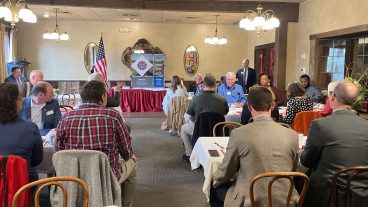
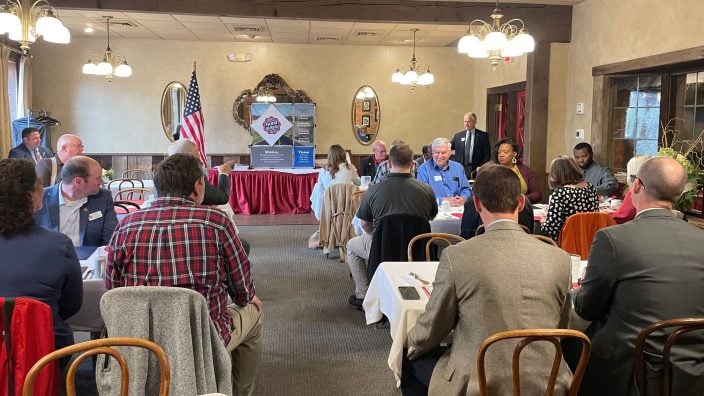
Community councils are groups of Farm Bureau friends and neighbors who meet to discuss current events and how Farm Bureau might be a part of solutions.
Read More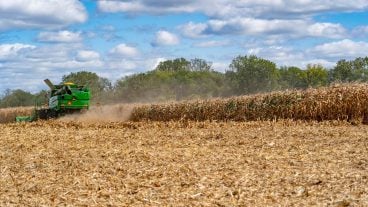
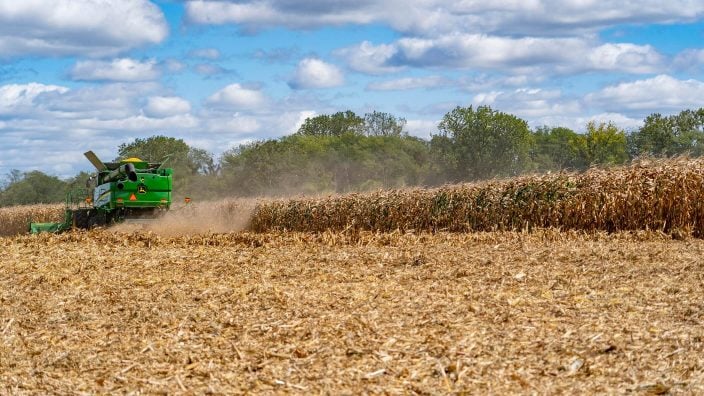
Ohio Farm Bureau provides discussion topics that may help members generate policy suggestions and local programming for the county Farm Bureau.
Read More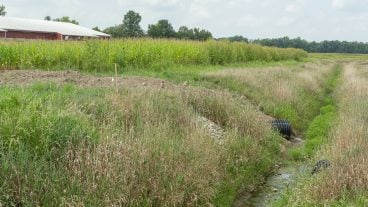
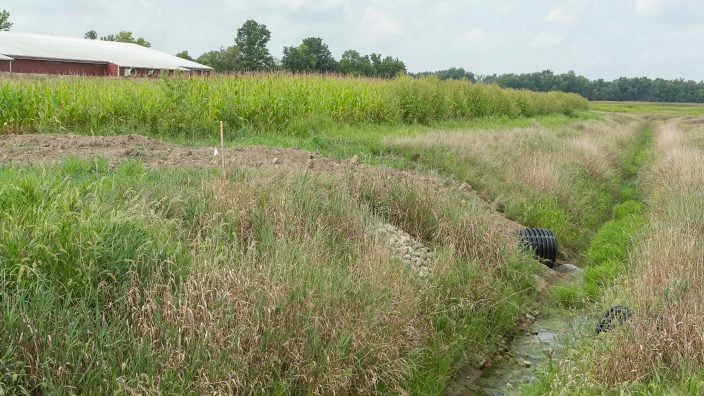
Discussion topics include drainage management and Conservancy Districts in Ohio.
Read More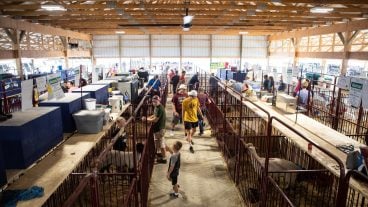
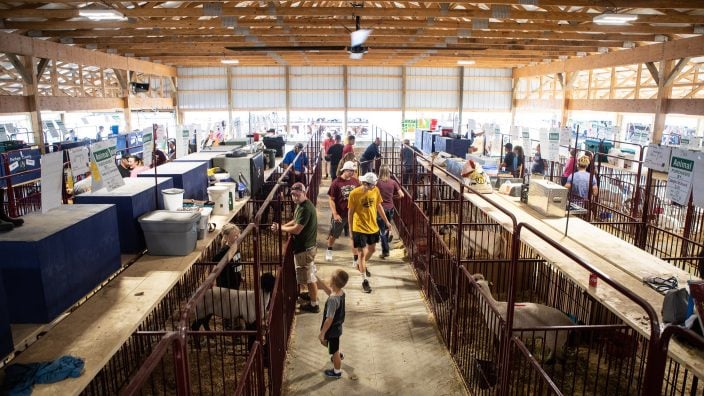
Discussion topics include county and independent fairs, public library services, economic development and land use and participating in the Farm Bureau policy development process.
Read More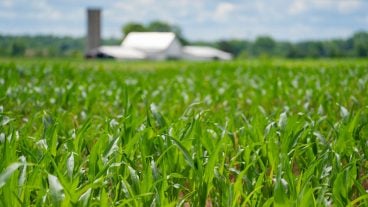
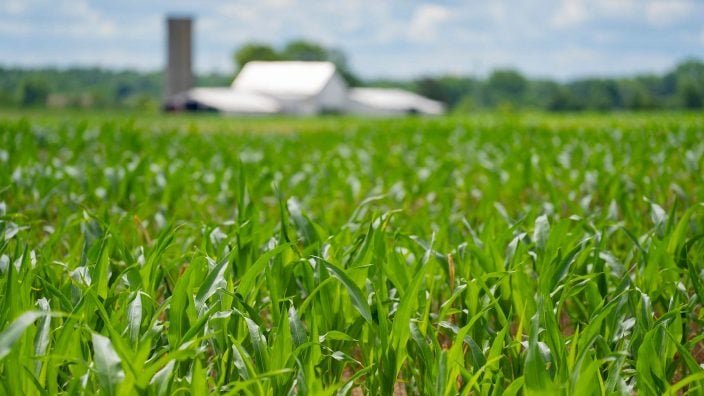
Topics include capital gains and stepped-up basis, the policy development process and the pandemic’s impact on rural health care now and in the future.
Read More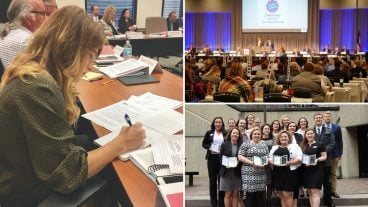
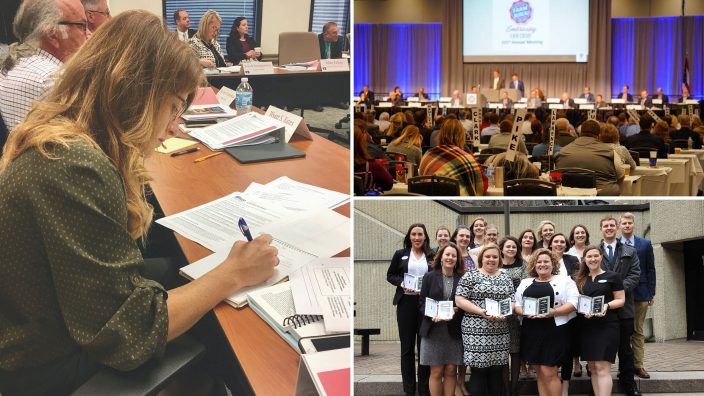
The summer council packet has two new discussion guides; one related to policy development and the other focused on Farm…
Read More
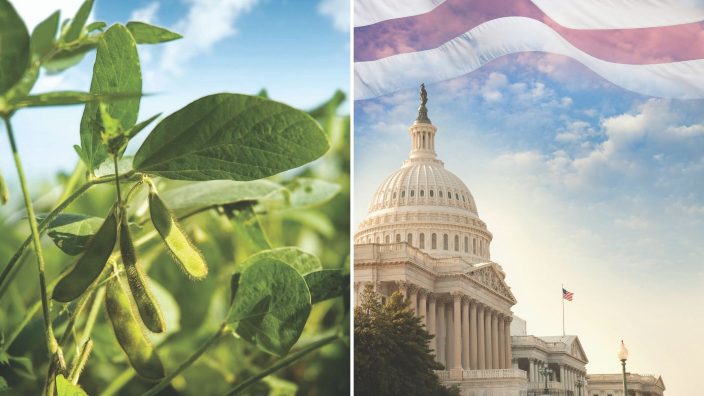
The winter council packet has two new discussion guides; both feature issues briefings directly from American Farm Bureau Federation policy….
Read More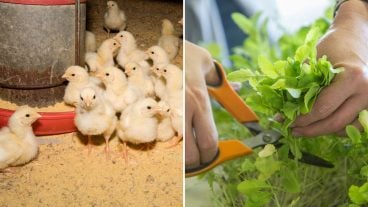
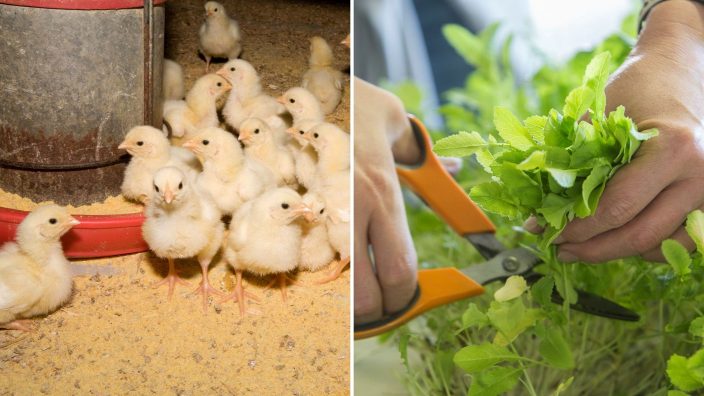
The fall council packet has two new discussion guides; both feature issues briefings directly from American Farm Bureau Federation policy….
Read More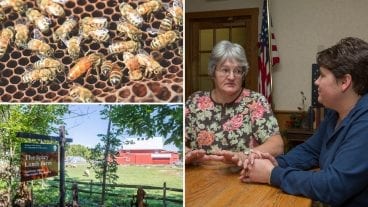
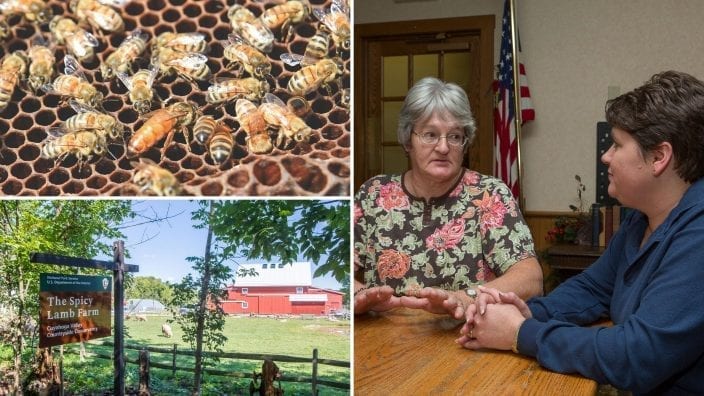
The summer council packet has two new discussion guides; both feature issues briefings directly from American Farm Bureau Federation policy….
Read More

The Winter/Spring 2018 Discussion Guide for Community Councils includes four discussion topics, giving groups a few options for meetings scheduled throughout winter and into…
Read More